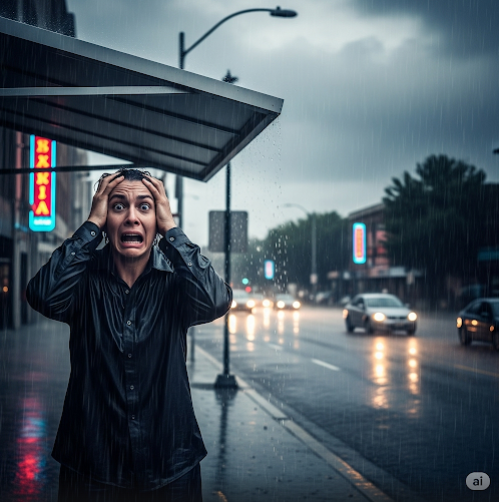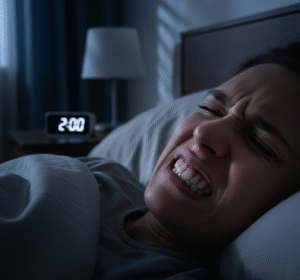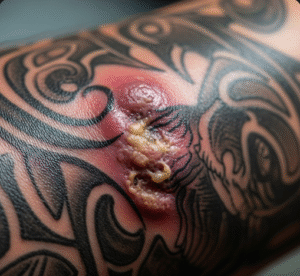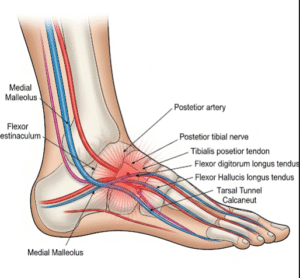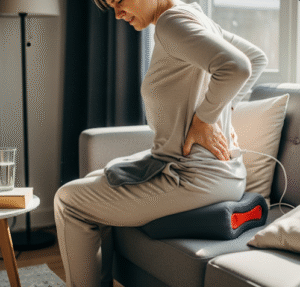Overview
Ombrophobia is the persistent and irrational fear of rain, including the sound, sight, or even the thought of rain. While rain is a natural and often soothing part of the environment for most people, those with ombrophobia may experience intense anxiety, panic attacks, or avoidance behaviors when faced with rainy conditions. This condition can significantly impact daily life, especially in regions with frequent rainfall, and is classified as a specific phobia under anxiety disorders.
What is Ombrophobia?
Ombrophobia comes from the Greek words “ombros” meaning “rain” and “phobos” meaning “fear.” It is a type of specific phobia where the fear is centered around rain or stormy weather. This phobia can vary in severity — from mild discomfort during light showers to severe panic at the sight of dark clouds or hearing raindrops. Individuals with ombrophobia may avoid going outdoors, cancel appointments, or experience distressing symptoms even while indoors during rain.
In some cases, the fear may extend to associated weather phenomena, such as thunder, lightning, or floods.
Symptoms
People with ombrophobia may experience a wide range of emotional, physical, and behavioral symptoms, including:
- Intense anxiety or panic during rain
- Rapid heartbeat, sweating, or shortness of breath
- Nausea or dizziness
- Urge to flee or hide
- Crying, especially in children
- Avoidance of outdoor activities, travel, or even checking the weather forecast
- Feeling of helplessness or loss of control
Causes
The causes of ombrophobia can be both psychological and environmental, and may include:
- Traumatic experiences, such as being caught in a storm or flood
- Negative childhood experiences, like being frightened during a thunderstorm
- Observational learning, where someone close (like a parent) has a similar fear
- Media exposure, such as seeing frightening news about storm-related disasters
- Underlying anxiety disorders, which may predispose a person to develop specific phobias
Risk Factors
Certain factors may increase the likelihood of developing ombrophobia:
- Childhood trauma or anxiety
- Family history of phobias or mental health disorders
- Highly sensitive or imaginative personality
- Living in areas with frequent or severe storms
- Overexposure to negative or catastrophic weather news
Complications
If left untreated, ombrophobia can lead to:
- Social isolation, especially if the person avoids leaving home
- Interference with work, school, or relationships
- Depression or generalized anxiety
- Agoraphobia in severe cases, where fear extends to any outdoor exposure
- Lower quality of life, especially in rainy climates
Prevention
While there is no guaranteed way to prevent ombrophobia, some strategies may help reduce its development or severity:
- Provide reassurance and education about weather safety to children
- Avoid dramatizing weather events in front of anxious individuals
- Practice calm breathing and relaxation techniques during storms
- Limit exposure to traumatic weather media content
- Seek early psychological support when fear begins interfering with life
Treatment Options in Korea
South Korea offers excellent mental health care, including treatments for anxiety disorders and specific phobias like ombrophobia. Effective treatments include:
- Cognitive Behavioral Therapy (CBT): Helps change negative thought patterns and reactions to rain
- Exposure therapy: Gradual, controlled exposure to rain-related stimuli in a safe environment
- Relaxation training: Breathing exercises, meditation, and mindfulness techniques
- Medication: Anti-anxiety medications or antidepressants may be prescribed in severe cases
- Virtual reality therapy: Some clinics in Korea use VR to simulate rain exposure in a therapeutic setting
Leading psychiatric hospitals and mental health centers in Korea, such as Seoul National University Hospital, National Center for Mental Health, and private clinics like MindCare or Seoul Mental Health Center, offer multilingual services and personalized treatment programs for phobias and anxiety disorders.

